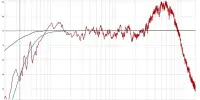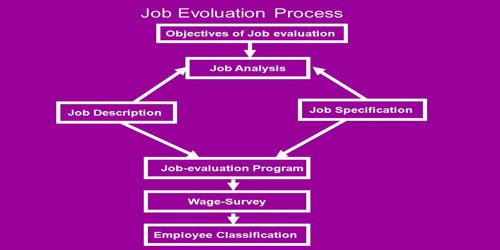When you load a website with adverts, you frequently trigger a millisecond-long auction among businesses seeking for ad space to sell their products. This is known as real-time bidding (RTB), and a new investigation has revealed how this billion-dollar industry might be revealing your personal information hundreds of times every day. The Irish Council for Civil Liberties (ICCL) released the study, which was authored and developed by Dr. Johnny Ryan, dubbed “Google’s worst headache.”
RTB uses personal data to customize adverts, such as information about your location, device, and browsing behavior, with the collection and exchange of data referred to as an RTB broadcast. According to the analysis, these ad auctions produced over $117 billion in revenue in the US and Europe in 2021, and other projections predict the RTB industry would rise another $16.52 billion by 2026. According to the ICCL research, a person’s data is exchanged 747 times on average every day in the United States and 376 times in Europe.
According to the analysis, this amounts to an average of 294 billion broadcasts every day in the United States, 197 billion per day in Europe, and a whopping 178 trillion per year in the United States and Europe combined. Residents in Colorado were the greatest effected, with an estimated 987 RTB broadcasts every day, while residents in the District of Columbia were the least affected, with 486. With 462 daily broadcasts, UK inhabitants were the most exposed in Europe, while Romanians received only 149.
“We see the data reported for RTB broadcasts as a low estimate,” the study said. Facebook and Amazon RTB broadcasts are not included in the industry data we use.” According to the survey, Google is the largest RTB Company, with 4,698 enterprises in the US and 1,058 in Europe having access to RTB data. “We don’t disclose personally identifying information, and we don’t offer advertising based on sensitive information, such as health, ethnicity, or religion,” a Google spokeswoman told TechCrunch. We have for long years required publishers to demonstrate that they have people’s authorization before presenting any tailored adverts.”
The discovery comes after Motherboard reported that location data broker SafeGraph was selling data on people who visited Planned Parenthood. This information contained information about where people arrived from and where they went after visiting Planned Parenthood. SafeGraph ceased selling this data after Motherboard’s story, citing “possible federal changes in family planning access” (aka the leaked Roe V Wade reversal) in a statement.
















